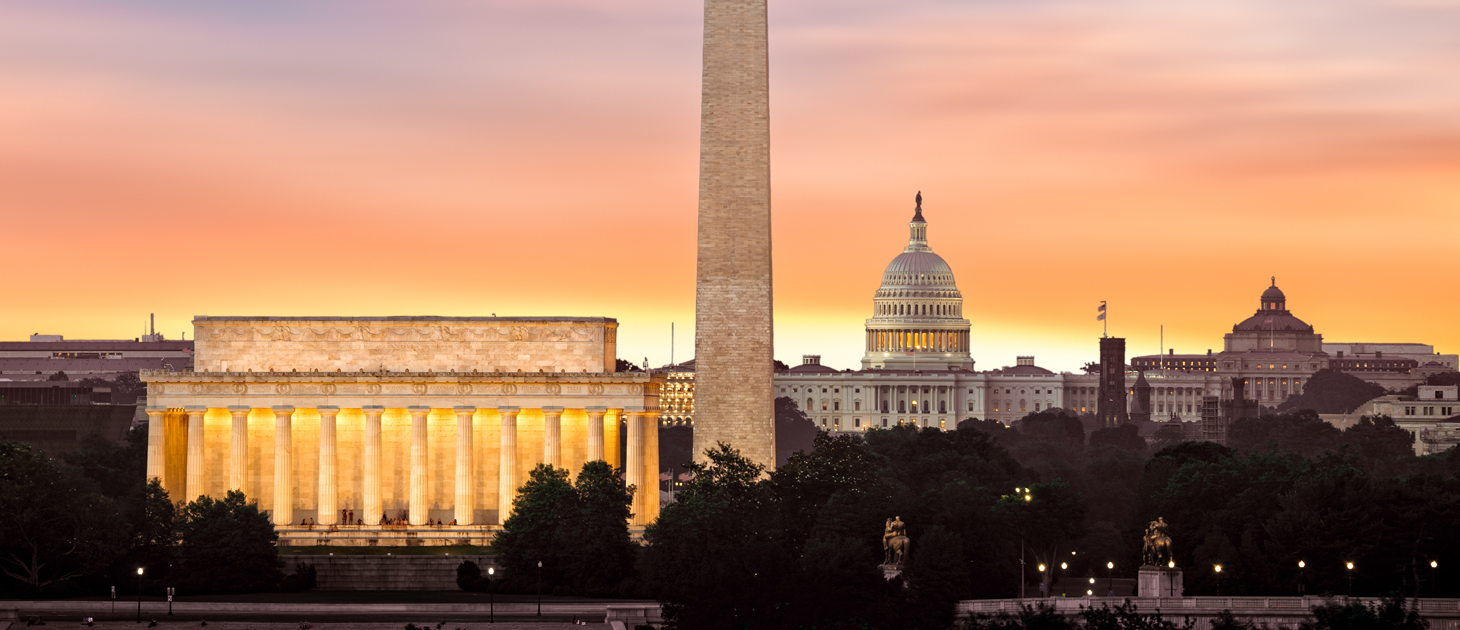Biden’s Anti-monopoly FTC Pick Could be a Blessing for Buyers | Middle-Market Public Policy Roundup
Biden expects to name antitrust scholar to the FTC, which could provide opportunities for investors, a third COVID-19 relief bill heads to final approval, and the Fed continues PPP support.

President Joe Biden is expected to name a legal scholar specializing in antitrust law to fill a vacancy at the nation’s top monopoly-fighting agency, which could provide a silver lining for investors after weeks of anxiety prompted by comments made by the president’s other nominees. Over the weekend, the Senate passed the latest version of Biden’s $1.9 trillion stimulus package, which will be sent back to the House this week before it’s expected to be signed into law. Lastly, the Federal Reserve announced it will continue to support small business access to the Paycheck Protection Program into the summer.
Big Tech’s Loss Could be Investors’ Gain in Biden FTC Pick
- President Biden’s pick to fill a seat at the Federal Trade Commission could help bring stronger enforcement of antitrust regulation aimed at the tech industry, which could be a boon to investors, according to legal experts.
- On Tuesday, The Wall Street Journal reported that Biden is considering Lina Khan, a law professor and former Democratic staffer, to fill a vacancy at the FTC, which enforces antitrust law as its principal mission.
- Increased federal antitrust law enforcement could lead to large tech companies divesting assets, which could lead to increased deal flow for private equity firms and other investors, according to a recent report from law firm Benesch.
- Kahn was one of the House antitrust subcommittee staffers who wrote an October report that concluded Amazon, Apple, Facebook, and Google hold significant and durable market power, resulting in “less innovation, fewer choices for consumers, and a weakened democracy.” [Ryan Tracy and John D. McKinnon, The Wall Street Journal]
- Khan graduated from Yale Law School in 2017. That same year, she published a widely cited law review article, “Amazon’s Antitrust Paradox,” suggesting that the prevailing approach to antitrust law is ill-equipped to deal with the potential harms posed by online platforms such as those created by the online retail giant. [The Wall Street Journal]
- More aggressive antitrust regulation on the tech industry has broad support from lawmakers. Senators, including Mike Lee, R-Utah, and Amy Klobuchar, D-Minn., have set antitrust reform high in their policy agendas in recent weeks.
Third Stimulus Package Approved by Senate, Heads to House for Final Touches
- The Senate approved President Biden’s $1.9 trillion coronavirus relief package Saturday, directing the third round of stimulus checks to most Americans and authorizing some business relief.
- The bill will return to the House of Representatives this week for final approval, given that the Senate and House versions of the relief bill have some differences, and then head to Biden’s desk for his signature. After the bill is signed into law, the IRS could begin delivering the checks within two weeks, based on the timeframe for the previous round of checks—potentially as early as the weekend of March 13. [Aimee Picchi, CBS News]
- The rescue bill is the largest of the three stimulus packages passed since the start of the coronavirus pandemic. But with the economy down 9.5 million jobs since February 2020, it could be two years before the labor market simply reaches its pre-pandemic level, according to the Treasury.
- “Once the plan is signed into law, I am confident that Americans will be met by a strong economy when we make it to the other side of the pandemic,” Treasury Secretary Janet Yellen said in a statement after the Senate’s approval.
- The federal relief bill doesn’t make large concessions to businesses as previous packages, but will make $25 billion in grants available to restaurants and bars that lost revenue during the pandemic, according to analysis from The Wall Street Journal.
Fed Expands PPP Support Through June
- The Federal Reserve announced on Monday it will extend support for its Paycheck Protection Program Liquidity Facility, which was originally slated to stop at the end of March.
- The Fed will expand the facility, known as the PPPLF, by three months to June 30. It will provide continued support for the flow of credit to small businesses through the Paycheck Protection Program, according to the central bank.
- The PPPLF extends credit to financial institutions making PPP loans, helping them fund additional loans through the program.
- The Fed’s other active facilities, including the Commercial Paper Funding Facility, the Money Market Mutual Fund Liquidity Facility, and the Primary Dealer Credit Facility have not had significant usage since last summer and will expire on March 31, the bank regulator said.

Benjamin Glick is Middle Market Growth’s associate editor.


